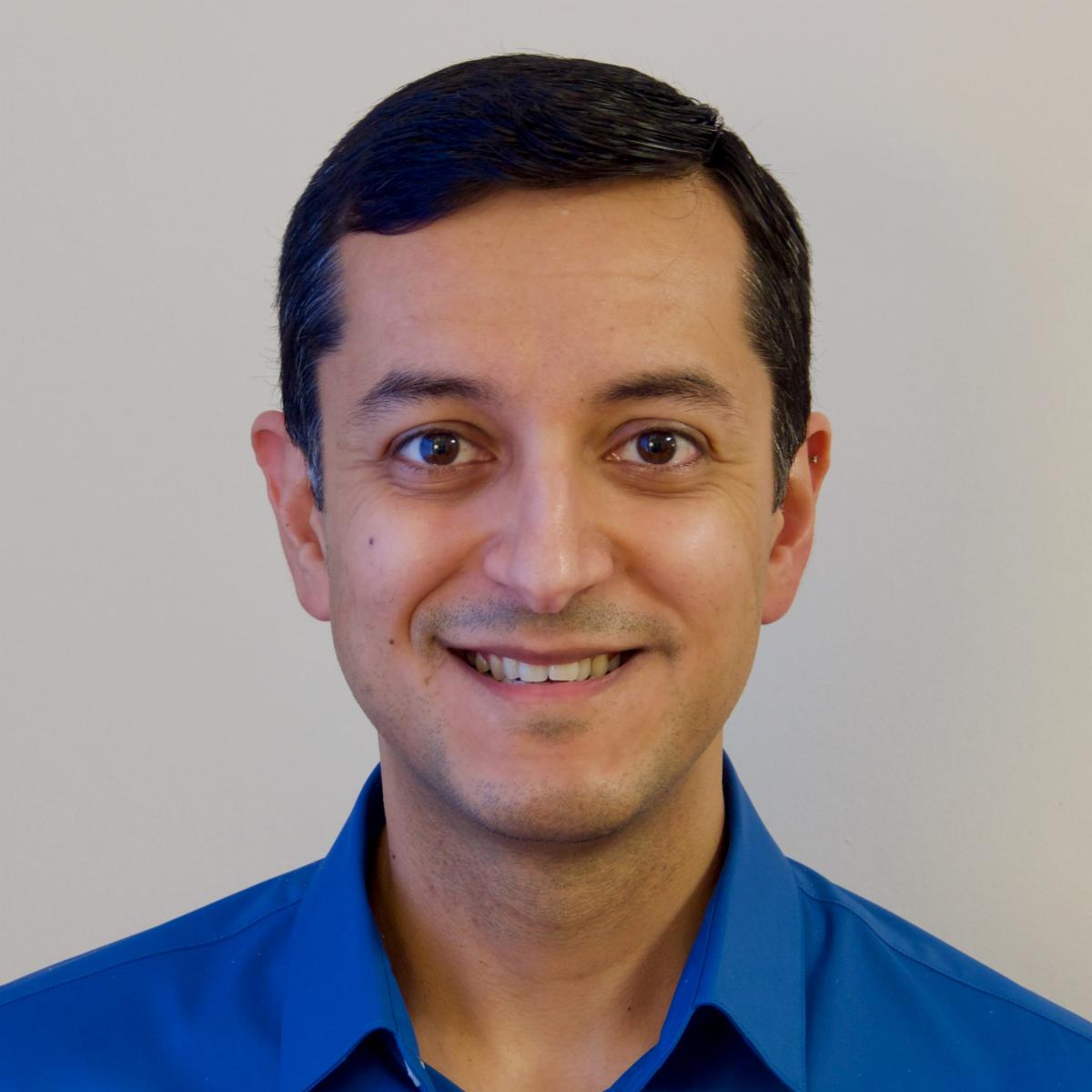Colloquia & Guest Speakers
High-dimensional quantum technologies: Harnessing structured light for the quantum networks of tomorrow
Mehul Malik, Professor of Physics and Royal Academy of Engineering Chair in Emerging Technologies at Heriot-Watt University, Edinburgh
Monday, March 13, 2023
3:30 p.m.
On Zoom only
Zoom Information
Zoom:https://rochester.zoom.us/j/95276747247?pwd=WlBieEFIWUg2N0Y3bDFsa25KcFZCQT09
Meeting ID: 952 7674 7247
Passcode: 964579
Abstract
Quantum states of light entangled in high dimensions offer the potential for noise-robust quantum communication networks that harness the full information carrying capacity of a photon [1]. A central challenge in the realisation of such networks is the ability to precisely control and reliably transport high-dimensional entangled states of light. I will begin this talk by introducing the paradigmatic source of high-dimensional photonic entanglement—a nonlinear crystal generating a pair of photons entangled in the position-momentum degrees-of-freedom [2]. I will go on to discuss how knowledge of the continuous bi-photon wavefunction allows us to tailor discrete high-dimensional entangled states of light with record quality in a variety of spatial mode bases. As an example, I will present the generation and measurement of high-dimensional “pixel” entanglement with fidelities exceeding 94% and entanglement dimensionalities up to 55 [3].
In the second part of this talk, I will briefly review some work from my group on the transport of high-dimensional entanglement [4]. I will then go on to discuss how the platform of a simple complex scattering medium can be used for the precise manipulation of high-dimensional entangled states of light. I will present our “top-down” approach that allows us to embed a general photonic quantum circuit within a complex scattering medium [5]. Using this approach, I will show how we can program high-dimensional quantum optical circuits inside a commercial multi-mode fibre through inverse-design techniques. I will demonstrate how this programmability allows us to turn the multi-mode fibre into a generalised multi-outcome device, enabling us to both transport, manipulate, and certify entanglement within the transmission channel itself. By harnessing the large, ambient mode space of a complex scattering medium as an additional resource, our work serves as an alternate yet powerful approach to standard photonic circuit design.
[1] V. Srivastav, N.H Valencia, W. McCutcheon, S. Leedumrongwatthanakun, S. Designolle, Roope Uola, Nicolas Brunner, M. Malik, “Quick Quantum Steering: Overcoming Loss and Noise with Qudits,” Physical Review X 12, 041023 (2022).
[2] V. Srivastav, N.H Valencia, S. Leedumrongwatthanakun, W. McCutcheon, M. Malik, “Characterising and Tailoring Spatial Correlations in Multi-Mode Parametric Downconversion,” Physical Review Applied 18, 054006 (2022).
[3] N.H. Valencia, W. McCutcheon, V. Srivastav, M. Pivoluska, M. Huber, N. Friis, M. Malik. “High-Dimensional Pixel Entanglement: Efficient Generation and Certification,” Quantum 4, 376 (2020).
[4] N.H. Valencia, S. Goel, W. McCutcheon, H. Defienne, M. Malik. “Unscrambling Entanglement through a Complex Medium,” Nature Physics 16, 1112-1116 (2020).
[5] S. Goel, S. Leedumrongwatthanakun, N. H. Valencia, W. McCutcheon, C. Conti, P. Pinkse, and M. Malik, “Inverse-design of high-dimensional quantum optical circuits in a complex medium,” arXiv:2204.00578 (2022).
Biography

Mehul Malik is a Professor of Physics and Royal Academy of Engineering Chair in Emerging Technologies at Heriot-Watt University, Edinburgh, where he leads the Beyond Binary Quantum Information Laboratory (BBQ Lab). He currently holds an ERC Starting Grant and an EPSRC Early Career Fellowship. His research interests include quantum information processing and communication, fundamental studies of entanglement, and complex scattering media. Prior to moving to the UK in 2018, Mehul held postdoctoral positions at the University of Vienna and the Institute of Quantum Optics and Quantum Information (IQOQI), Vienna, including a Marie Curie Fellowship in the group of Prof Anton Zeilinger. Mehul’s work includes the creation of the first three-particle entanglement in high dimensions, the development of efficient methods for measuring complex forms of quantum entanglement, and the unprecedented transport of entanglement through a complex medium. Mehul completed his PhD in 2013 with Prof Robert Boyd at the University of Rochester, New York. Prior to this, he received his Bachelors in Physics with a minor in Art and Art History from Colgate University, New York.
